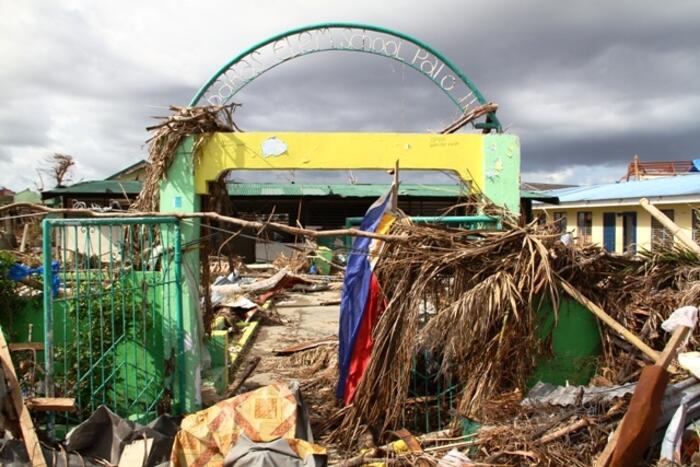The impact of typhoons has stopped me from attending school
Presently, with high school still a few years away, she is celebrating her success after prevailing in a four-year legal battle that has established an important precedent for climate-related legal action in Asia.
“I was overjoyed when the verdict was announced, but my mom cried,” Hannah shares. Her mother, Sujin Namgung, recounts how Hannah “had such a wide smile that all her teeth were visible” in the courtroom when the decision was revealed.
However, for Hannah and the other children in the group, the legal triumph marks just the start.
The voices of children and adolescents were heard by the constitutional court. Hannah, a resident of Seongnam city, emphasized the importance of a detailed plan for reducing greenhouse gases that the entire world should adhere to, and she expressed determination to ensure the promise is kept.
A landmark ruling was made by South Korea’s constitutional court last week, representing a significant win for climate action in Asia. The court unanimously found parts of South Korea’s climate law to be unconstitutional as they failed to protect the rights of future generations and imposed an excessive burden on them.
The recent ruling mandates that the national assembly must establish legally enforceable targets for reducing greenhouse gas emissions by 2031-49 before February 2026. In response, the government has stated its intention to diligently implement subsequent actions.
In addition to being a party to the lawsuit, 12-year-old Jeah Han from Seoul has experienced the direct effects of climate change. Jeah explains, “Typhoons have disrupted my school attendance, and unpredictable weather frequently leads to the cancellation of my favorite physical education classes.
Since the age of 10, Jeah has actively participated in climate activism, engaging in various initiatives such as picking up litter and minimizing the use of plastic. However, she has been disheartened by the apparent lack of tangible outcomes, expressing, “No matter what I did, it felt like the world was not improving.

Jeah thinks that carbon reduction targets need to be established with greater precision and strictness than they currently are. Citing the constitution, she emphasizes that “all citizens are entitled to dignity and the pursuit of happiness, but the government is failing to uphold our fundamental rights.
We don’t want a world where only those with the capacity to be safe survive’
Hyunjung Yoon, a 19-year-old, joined the “youth climate litigation” group at the age of 15 after realising that picketing would not be enough to effect change.
Hyunjung, who works full-time as a climate activist with Youth 4 Climate Action, believes that the court’s ruling marks a sea change.
She says, “Up until now, Korea has approached the climate crisis as though meeting targets on their own constituted success.” “The government never gave thought to how people’s lives are impacted or how the hazards are truly increasing.

“Protecting our rights must be our first priority; hitting targets is not enough,” she asserts. Past mistakes in legislation and administration shouldn’t be repeated. Legislative changes and long-term objectives that genuinely safeguard people’s rights are required.
The youthful activist thinks that the groundwork for future advancement has been established by their four-year legal action.
“We’re not simply bringing attention to how serious the climate problem is. We’re working to stop it from taking away people’s lives,” she says. “We don’t want to live in a world where only people who can stay safe make it.” Our goal is to create a society where risk is managed and everyone is protected, without exception.
Twelve-year-old Jeah believes she is not asking for much when it comes to the future.
“All I want is for the world to remain how it is right now.

